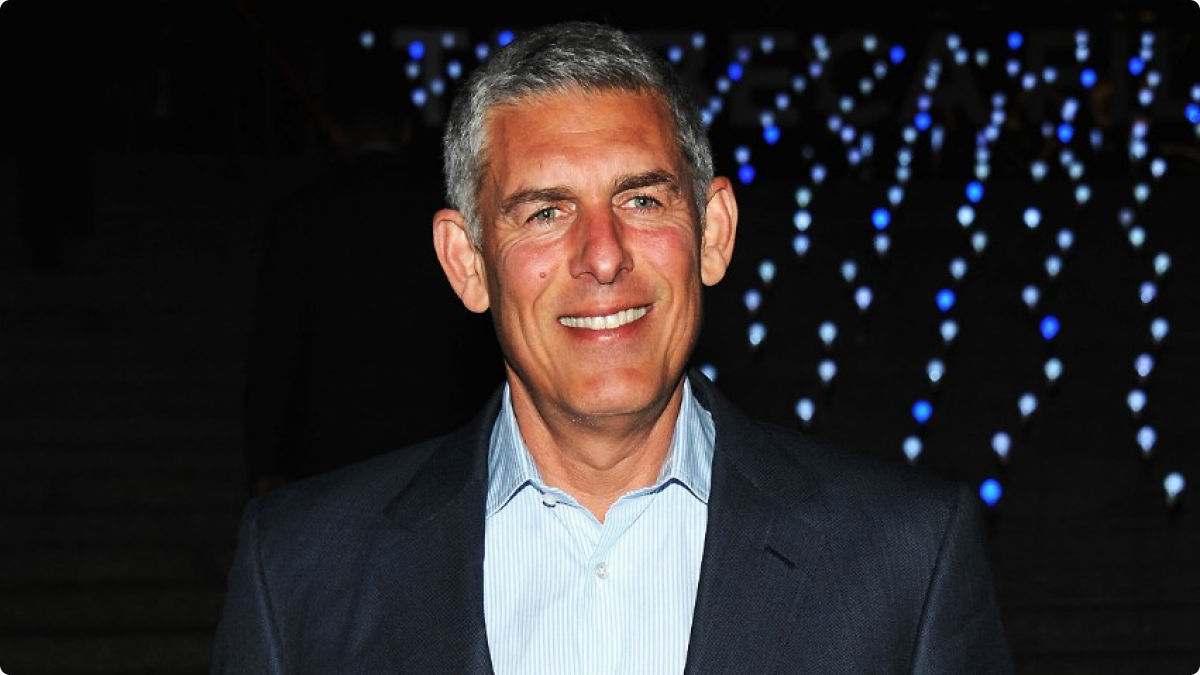Famed music exec Lyor Cohen joins YouTube to strengthen artist relationships
Label giant and industry veteran Lyor Cohen has joined YouTube to improve artist relationships amidst tension between YouTube and the majority of the music industry.
Cohen joins the Google-owned video hosting site as global head of music. Cohen’s relationship with YouTube stretches all the way back to 2006 when, as the head of Warner Music Group at the time, took part in the first major label music licensing with YouTube.
Cohen wrote a letter to the YouTube Music team that set out his ambitions in the role:
First, helping the music community embrace the technological shifts we’re seeing in music today so we can help take the confusion and distrust out of the equation.
Second, building on the great work you all have done to help the music industry and creative community break new songs and artists to YouTube’s audience of over 1 billion fans. From building on the success of the YouTube Music app, to shining a light on emerging artists, I believe our potential to strengthen the industry is massive.
And third, I hope that together we can move towards a more collaborative relationship between the music industry and the technologies that are shaping the future of the business.
Cohen also spoke on the complicated relationship between YouTube and artists, labels, and most of the music industry, saying: “I’m confident we can bridge the worlds of technology and music in ways that benefit everyone, instead of the zero-sum mentality that exists today. I’m proud to be a music man, and hope that the perspective I bring from both the creative community and the music business at large will help us, our music partners and artists grow and thrive together.”
Cohen’s experience spans decades, having spent the past 30 years building hip-hop artists’ careers and taking on various responsibilities between the world’s biggest labels. He left his longstanding position at Warner Music Group in 2012 for a new adventure, which led to the creation of his independent record label 300 Entertainment.
YouTube’s new hire should help to ease the drama that currently surrounds YouTube and music. Spotify were increasingly criticised last year for their streaming royalties from their free tier which equal slightly less per play than many competitors. Spotify hired successful artist manager Troy Carter to manage their relationships with artists and has since faced a dramatic decrease in critics.
